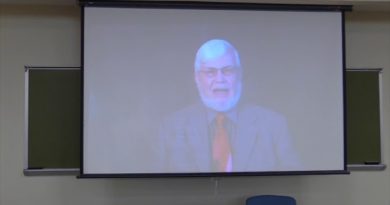Maximum Participation Possible in Tennessee Custody Law
Maximum Participation Possible
Miles Mason, Sr. comments on Maximum Participation Possible in Tennessee custody law.
Commentary from Miles Mason, Sr.
Tennessee Code Annotated Section 36–6–106(a) provides in pertinent part:
In taking into account the child’s best interest, the court shall order a custody arrangement that permits both parents to enjoy the maximum participation possible in the life of the child consistent with the factors set out in subdivisions (a)(1)—(10), the location of the residences of the parents, the child’s need for stability and all other relevant factors. (Emphasis added.)
So, what does “Maximum Participation Possible” actually mean? Your guess is as good as mine. When this amendment to the statute came out, we called one of the bill’s legislative sponsors. We asked. He confirmed there was no legislative history or specific intent discussed by the Tennessee Legislature. I commented, “that’s kinda vague.” The legislator agreed.
We have no legislative history. We have no particular instruction or ideology from the Court of Appeals on how they interpret this part of the statute. They have looked at each case and sort of said, that is enough parenting time or it is not. At a minimum, from Neveau, linked below, we do know that 66 days of parenting time did not allow the daughter to develop a close relationship with her father and paternal grandmother. This was a long-distance parenting case, though.
Here are five cases discussing Maximum Participation Possible (not an exhaustive list, by the way). For your convenience, I have included in the case summaries bolded quotes from Court of Appeals using that phrase.
- Sarah Nichole Neveau v. Adam Paul Neveau
- Wendi Natasha Cook v. Bryan David Cook
- Kacy Collums Davis v. Richard E. Davis, Jr.
- Matthew Lee Wheeler v. Alethia Danielle Wheeler
- Travis Daniel Woolbright v. Lee Anna Woolbright
Any other ideas from Tennessee family lawyers? If so, shoot me an e-mail and let me know your thoughts.
Thank you to Wise Rudolph, Law Clerk, MMFLG, for research and assistance.






